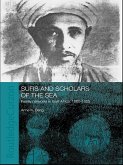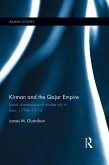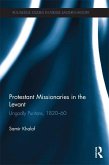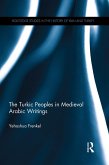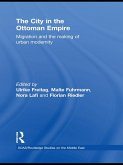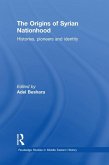This book challenges the long-standing paradigm that the emerging Muslim faith was shaped by religious dissenters who were hostile to the Umayyads. A prosopographical analysis of Umayyad-era scholars demonstrates that piety and opposition were not necessarily synonymous. Reputable scholars served as qadòis, tutors and advisors to Umayyad caliphs and governors. Their religious credentials were untarnished by their association with the Umayyads and they appear prominently in later hòadith collections and fiqh works.
This historiographical study demonstrates that excessive reliance on al-Tòabari's chronicle has distorted the image of the Umayyads. Alternatively, biographical sources produced by later hòadith scholars reveal a rich tradition of Umayyad-era religious scholarship that undermines al-Tòabari's assumptions. Offering a better understanding of early Islamic religious development, this book is a valuable resource for students and researchers in the fields of Islamic history, Islamic legal studies and Arabic historiography.
Dieser Download kann aus rechtlichen Gründen nur mit Rechnungsadresse in A, B, BG, CY, CZ, D, DK, EW, E, FIN, F, GR, HR, H, IRL, I, LT, L, LR, M, NL, PL, P, R, S, SLO, SK ausgeliefert werden.



